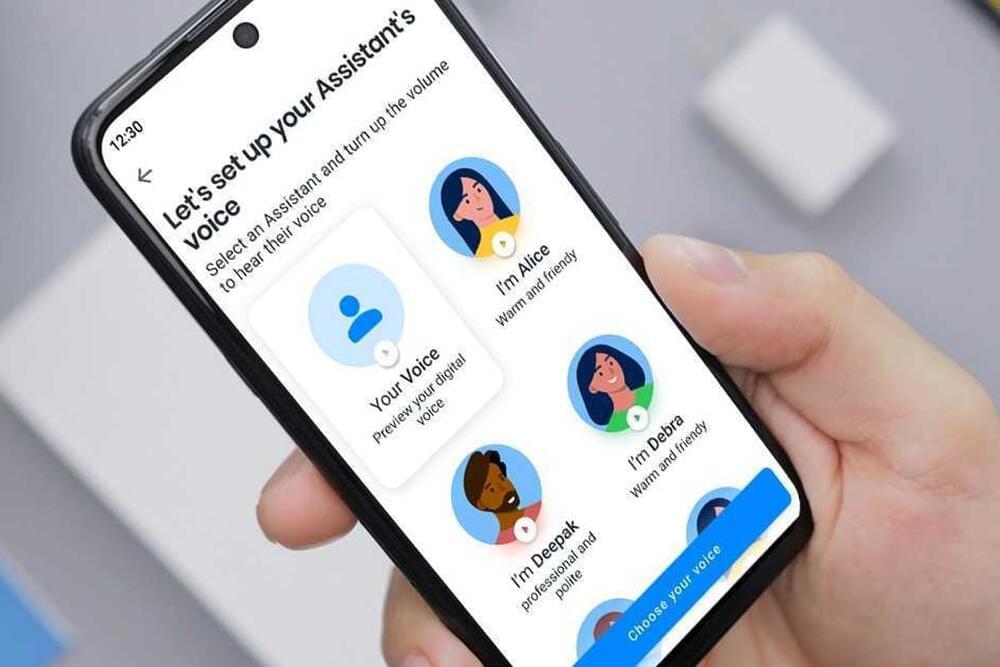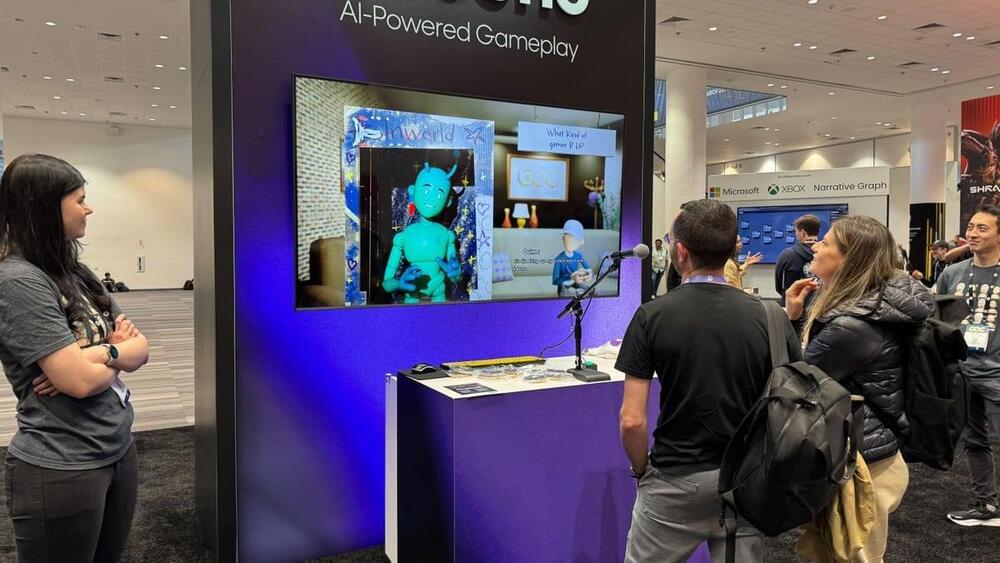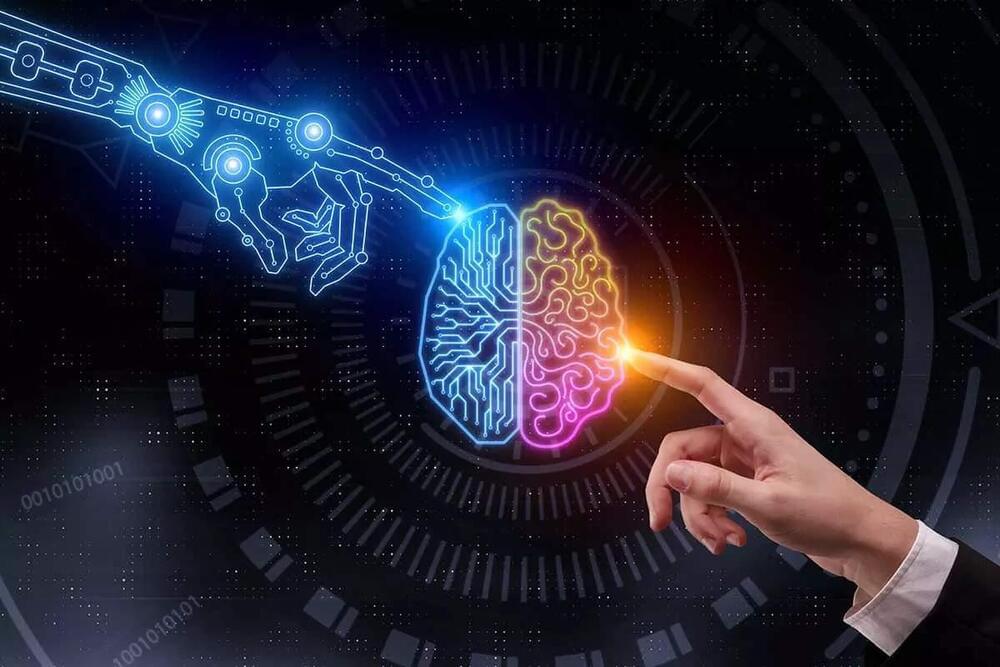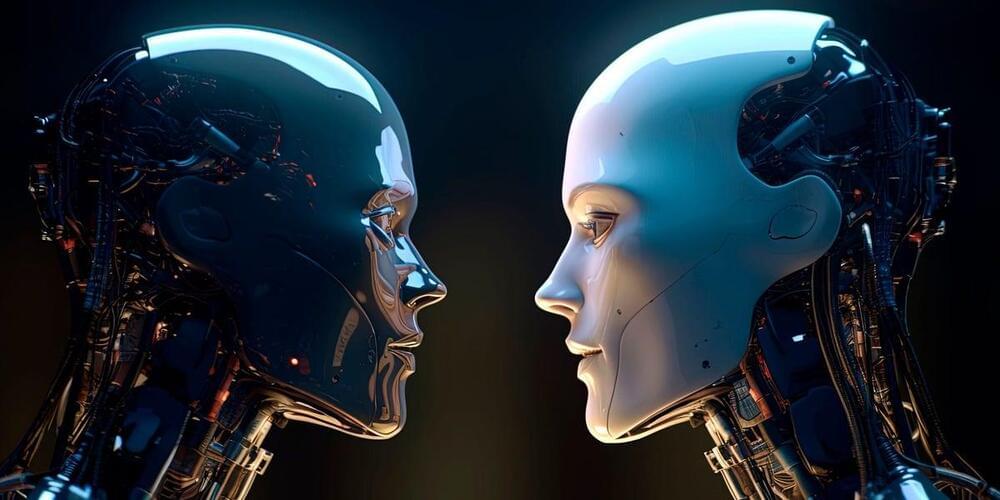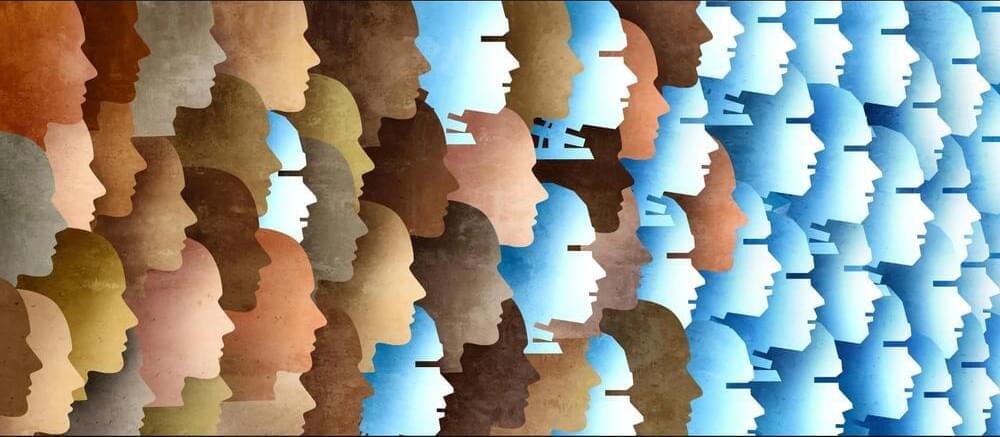In the shadows of the digital age, a quiet revolution unfolds, reshaping the landscape of work with every passing moment. Artificial intelligence (AI), once the fodder of science fiction and speculative thought, now infiltrates every facet of our professional lives, often in ways so subtle that its impact goes unnoticed until it’s too late. This silent shift sees AI not just complementing human efforts but outright replacing them, leaving a trail of obsolescence in its wake. Thus, let’s delve into the stark realities of AI’s encroachment on human jobs, exploring the future landscape of employment and the duality of its impact, through a lens that does not shy away from the grim nuances of this transition.
Across industries, AI’s efficiency, relentless work ethic, and precision have made it an irresistible choice for employers. From manufacturing lines where robotic arms assemble products with inhuman speed and accuracy, to sophisticated algorithms that manage stock portfolios, outperforming their human counterparts, the signs are clear. AI doesn’t just work alongside humans; it often works instead of them. The adoption of AI in tasks ranging from customer service bots handling inquiries with unsettling empathy, to AI-driven analytics predicting market trends with eerie accuracy, showcases a reality where human involvement becomes increasingly redundant.
As AI continues to evolve, the future of human employment navigates a precarious path. On one hand, new realms of jobs and careers will emerge, focusing on managing, enhancing, and leveraging AI technologies. On the other, the specter of widespread job displacement looms large, a testament to the inexorable march of progress that waits for no one.

